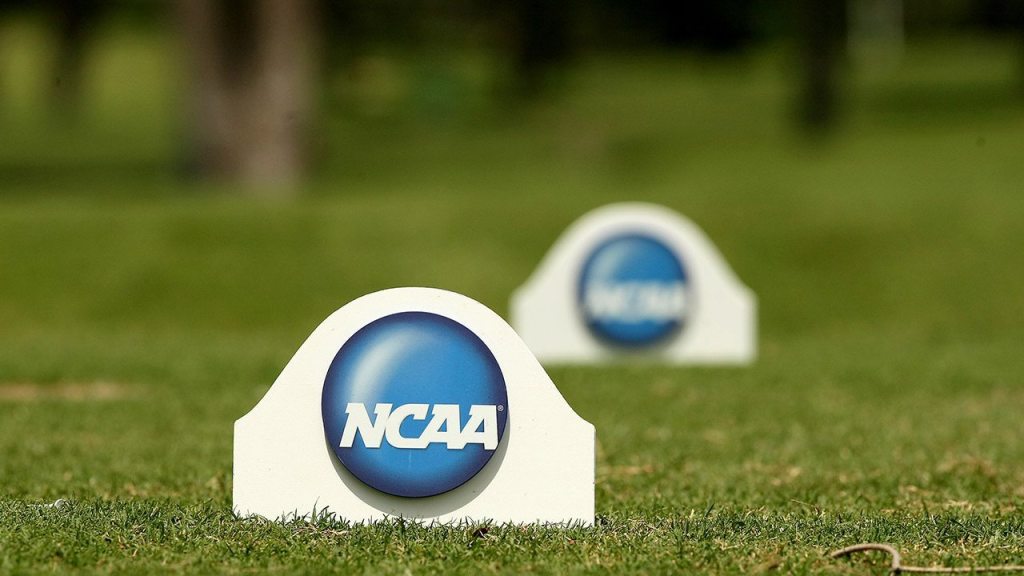Attorneys for the NCAA and the nation’s top college conferences wrote in legal filings Friday night that current and former college athletes are seeking more than $1.4 billion in damages in an antitrust lawsuit that is challenging the association’s remaining rules regarding athletes’ ability to make money from their names, images and likenesses.
The filings did not specify whether that figure takes into account the tripling of damages awards that occurs in successful antitrust cases. If it does not, then more than $4.2 billion could be at stake in the case.
The figure was presented in the NCAA and conferences’ arguments to U.S. District Judge Claudia Wilken that she should deny the athletes’ bid for class-action status for their damages claims. Lawyers for the athletes formally sought class certification in October in a request that was partially redacted, and backed by reports from economic experts that were filed under seal.
The NCAA and the conferences specifically cited those reports in their filings Friday night.
If Wilken denies class-action status, any damages awarded in the case would be limited to the claims of the three named plaintiffs: Arizona State men’s swimmer Grant House; former Oregon women’s basketball player Sedona Prince, who has said she is transferring to TCU; and former Illinois football player Tymir Oliver.
If Wilken grants class-action status, any damages awarded would be based on the collective claims of thousands of athletes.
The huge amount of money potentially in play comes from the athletes’ contention that they are entitled to a share of the billions of dollars in college sports TV revenue not only now, but also reaching back to 2016. They also say they are entitled to compensation they say they would have received in connection with video games and other name, image and likeness (NIL) deals they would have been able to make if NCAA rules had allowed them.
The claims are based on outcomes of prior antitrust litigation against the NCAA and the NCAA’s substantial loosening of its rules concerning athletes’ ability to make money from their NIL. The NCAA rules change came after many states had passed laws that allowed college athletes to get compensation from endorsements, public appearances and signing autographs, among other ventures.
The largest shares of the damages are being sought for all current and former athletes in football, men’s basketball and women’s basketball who have received full…
..
Click Here to Read the Full Original Article at Golfweek…
